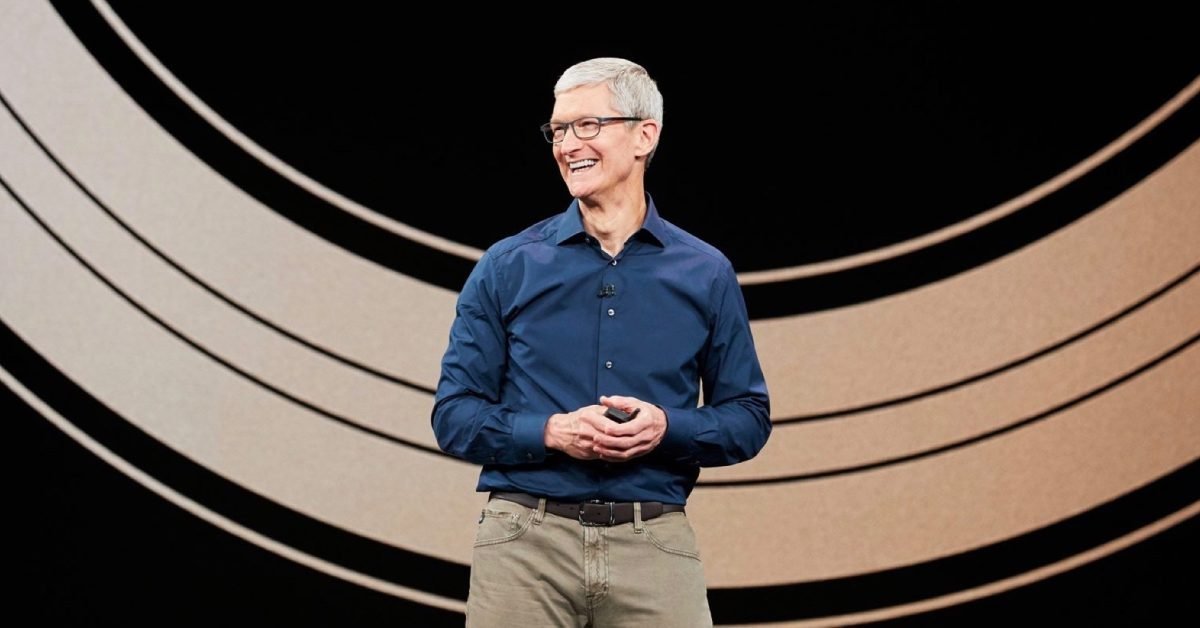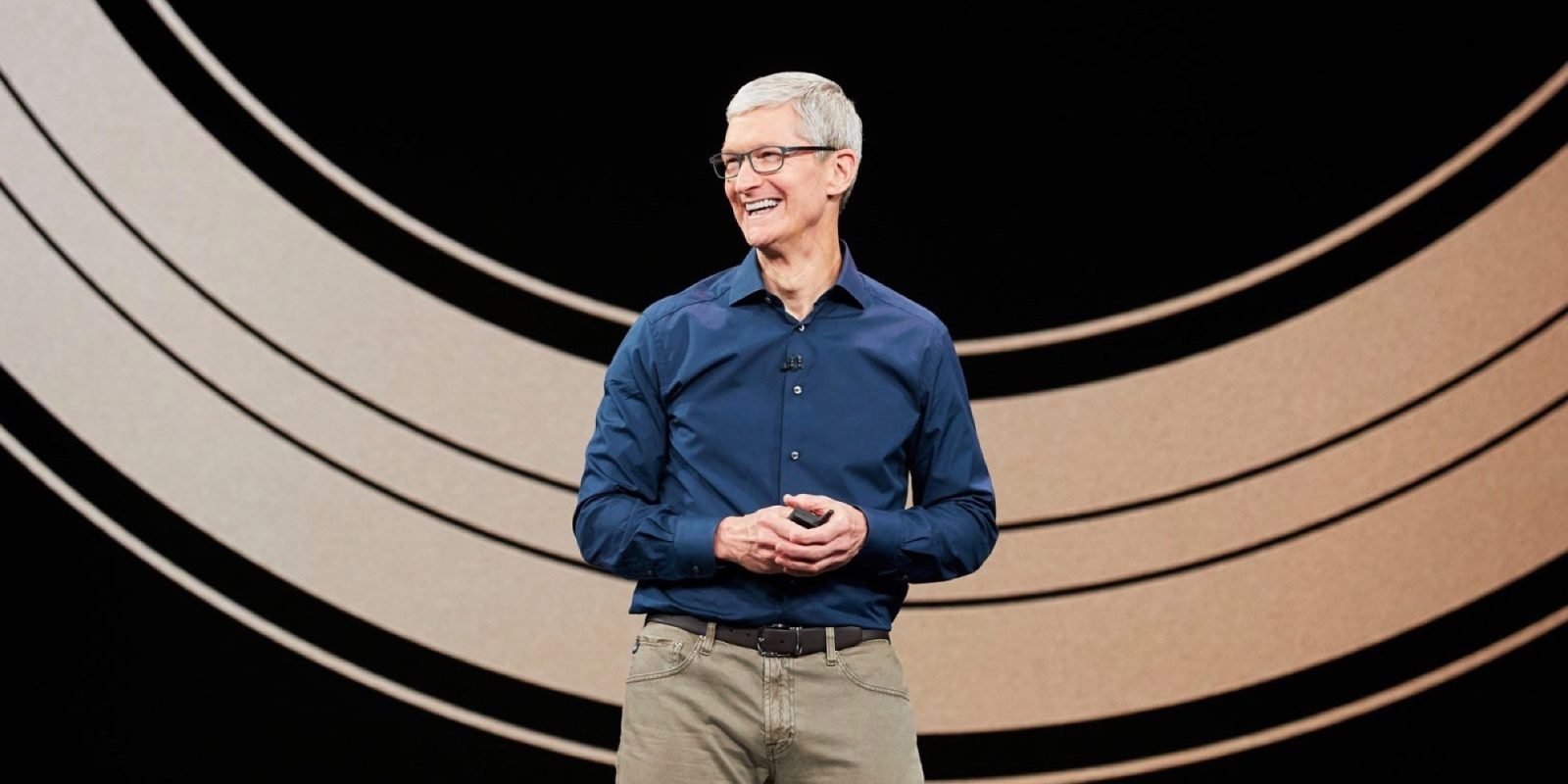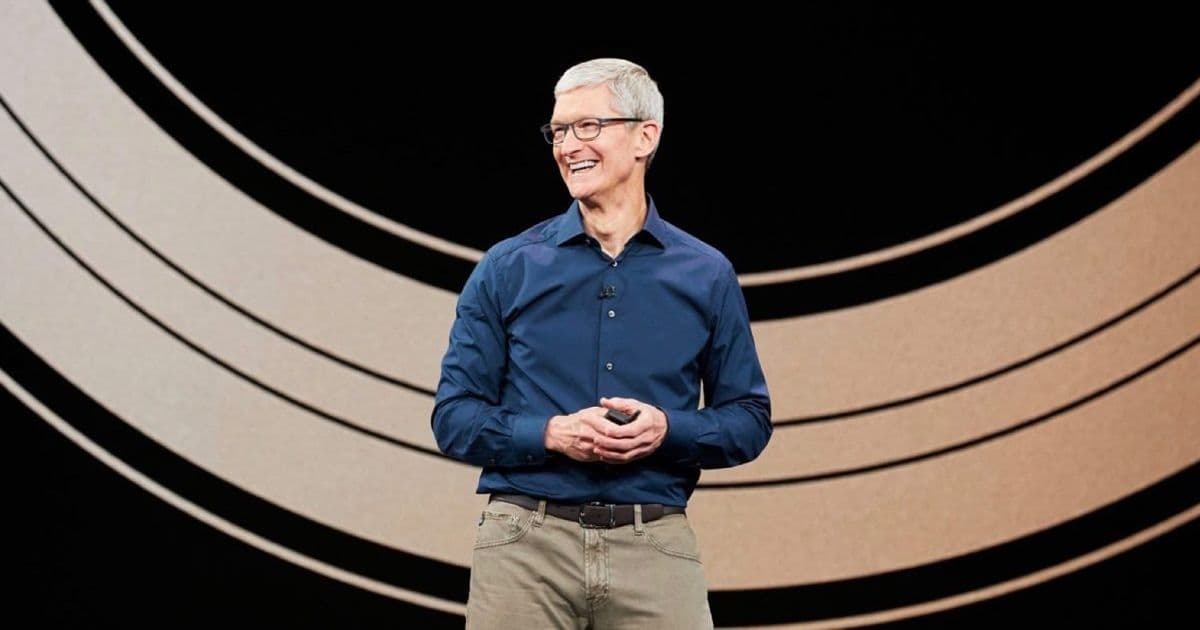Apple is intensifying its preparations for the CEO transition, with Senior VP of Hardware Engineering John Ternus positioned as the leading candidate to succeed Tim Cook, signaling a strategic focus on continuity amidst significant executive departures.
Apple's board and senior leadership have "recently intensified" the company's long-planned succession process for its top role, according to sources cited by the Financial Times. This accelerated effort comes as the tech giant prepares for what is expected to be a blockbuster holiday sales season, with no indication that the move is linked to any concerns about current performance.

While no final decisions have been made, John Ternus, Apple's Senior Vice President of Hardware Engineering, is widely regarded as the most likely candidate to take the reins from Tim Cook. Ternus, who has overseen the development of critical products like the M-series chips and recent iPhone models, has seen his responsibilities expand significantly, particularly following the recent departure of former Chief Operating Officer Jeff Williams.
Williams officially retired on November 13th, having already handed operational leadership to Sabih Khan earlier this year. His remaining duties were subsequently redistributed among top executives, including Ternus. This transition, combined with the recent CFO change where Luca Maestri stepped down in favor of Kevan Parekh, underscores a period of significant leadership reshuffling at Apple.
"People close to Apple say the long-planned transition is not related to the company’s current performance, ahead of what is expected to be a blockbuster end-of-year sales period for the iPhone."
The timing of any public announcement regarding a new CEO remains fluid. Sources caution that while preparations have ramped up, the board is unlikely to make a decision before Apple's next earnings report, scheduled for late January, which covers the crucial holiday quarter. This suggests a deliberate process focused on ensuring a seamless transition without disrupting peak business operations.

For developers, engineers, and tech leaders, the succession plan holds significant implications. Apple's hardware-software integration, its relentless pace of innovation, and its massive ecosystem are deeply intertwined with the leadership style and strategic vision of its CEO. Ternus's deep technical background in hardware engineering, if he ascends, could signal a continued emphasis on the synergy between silicon design and product experience that has been a hallmark of Apple's recent success. His tenure overseeing the development of custom silicon like the M-series chips demonstrates a mastery of the complex engineering challenges that define modern Apple products.
The intensified planning also highlights Apple's commitment to maintaining stability during a transition. Given the company's scale and influence, the smooth handover of leadership is not merely an internal matter but a critical event for the broader technology landscape. The focus on continuity, even amidst executive departures, is a testament to Apple's robust governance and the depth of its leadership bench.
As Apple navigates this pivotal moment, the tech world watches closely. The choice of Tim Cook's successor will shape the company's trajectory for years to come, influencing everything from its product roadmap and investment in emerging technologies like AI to its corporate culture and market strategy. The accelerated pace of succession planning suggests Apple is methodically preparing to ensure its legacy of innovation and market leadership continues uninterrupted.

Comments
Please log in or register to join the discussion